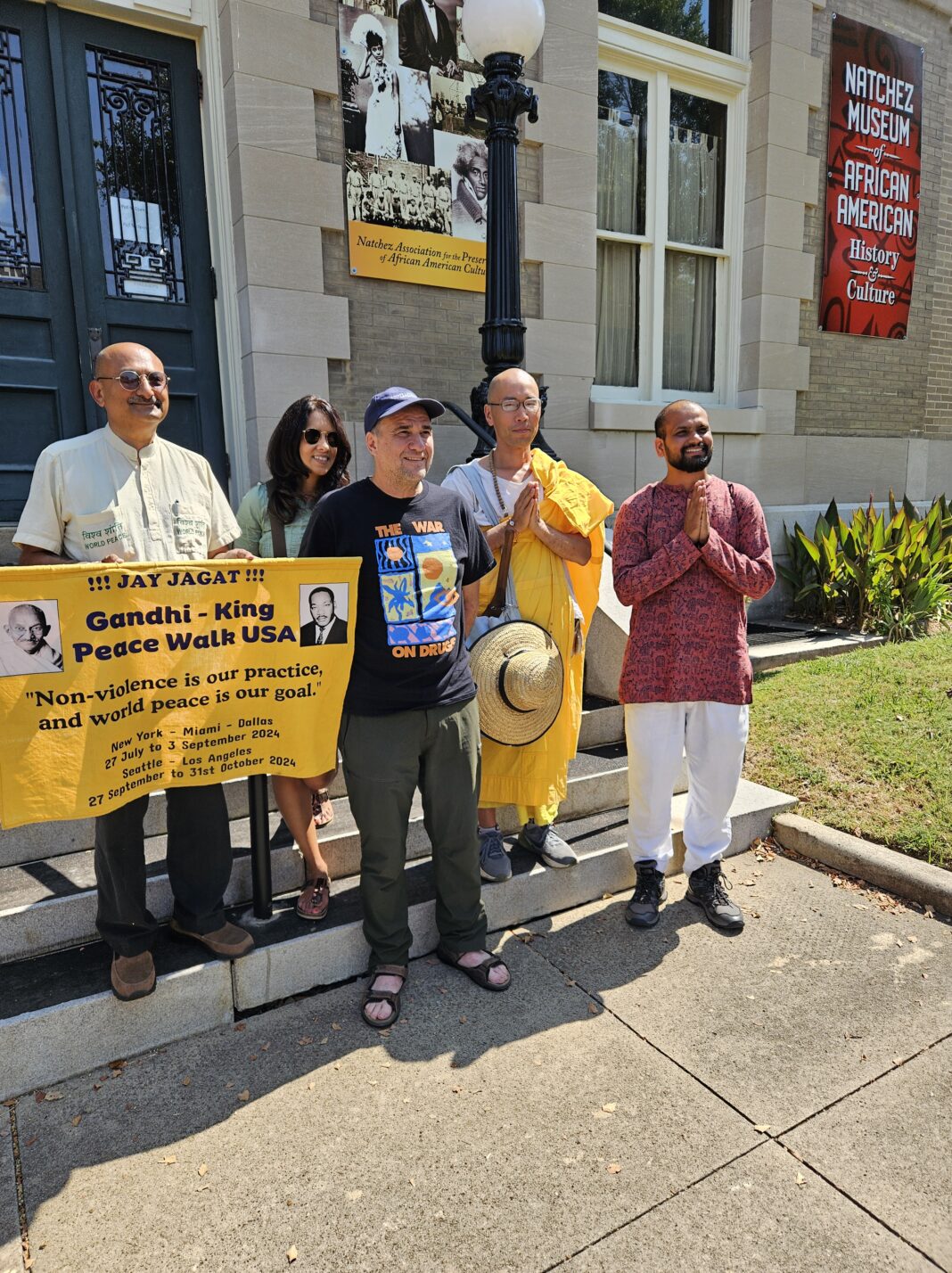An exhibition of the words of our youth
The Natchez Museum of African American Culture is more than just a building filled with artifacts; it is a living, breathing testament to the history and legacy of African Americans in Natchez. For me, preserving this history is deeply personal. It’s not just about facts and dates, but about following the stories, the sacrifices, the struggles, and the incredible accomplishments of the people who came before us.
As I immerse myself in these stories, I realize how easy it is to overlook something equally important—the impressions we leave on our children. In our mission to uncover and preserve the past, we sometimes fail to truly hear the voices of the next generation. We get so caught up in the important work of telling our ancestors’ stories that we forget to listen to the questions, the thoughts, and the perspectives of the young people around us. Their curiosity and need to understand where they come from matter just as much as the stories we tell.
I’ve come to understand that passing down this legacy is a two-way street. It’s not just about what we say, but about hearing what they have to say too. By engaging with their questions and giving them space to interpret history in their own way, we ensure that the legacy of Natchez’s African American community continues to evolve and thrive in the generations to come.
As a way of honoring the voices of our future, the Natchez Museum of African American Culture is proud to kick off our first exhibit with the remarkable poems of 13-year-old Arianna Shaprow. Arianna, despite her young age, has already made an extraordinary impact through her advocacy and creative work. At just twelve years old, she founded “Take Time to Remember” after her grandmother was diagnosed with Alzheimer’s, a diagnosis that deeply touched her and made her reflect on how she could contribute meaningfully to the lives of others. Arianna is not only a poet but also a dedicated community activist, using her platform to advocate for those affected by Alzheimer’s.
Her efforts have not gone unnoticed. The Silverado Red Rock Memory Care Community dedicated an entire wall in her honor, recognizing the meaningful contributions she has made to the lives of individuals battling Alzheimer’s. Her poem “Resilience” was displayed at The Natural History Museum during Black History Month, and she was invited to speak at the Discovery Museum’s Juneteenth Celebration. Additionally, Arianna performed at “A Night in Harlem,” supporting an education initiative, showcasing her powerful voice and commitment to her community
Arianna’s writing continues to reach audiences far and wide. Her work has been published in The New York Times Kids Edition and her poetry has been featured on KTNV Channel 13, Fox 5 Las Vegas, and Channel 8 News Now. Her organization, Take Time to Remember, has been highlighted on KSNV Channel 3 News, further spreading awareness for Alzheimer’s and the importance of remembering those affected. Her poems have also been showcased at the Hip Hop Museum in Miami, the Children’s Museum of Phoenix, and the San Antonio African American Community Archive & Museum. The significance of her work has even been highlighted by media outlets like Fox San Antonio, News 4 San Antonio, and Fox 10 Phoenix.
Arianna’s influence reaches beyond Alzheimer’s advocacy. Her powerful poem about environmental justice for Black communities was published by Skipping Stones Magazine, a multicultural publication dedicated to amplifying diverse voices. A recipient of the prestigious Ben Carson Scholar Award, she was personally honored by Dr. Benjamin Carson for her academic achievements. Arianna also won a Youth Honor Award for her poem promoting environmental justice, demonstrating her dedication to causes that affect both her community and the world at large.
Through her poetry and activism, Arianna Shaprow exemplifies the resilience and strength that the Natchez Museum seeks to highlight in our exhibitions. By featuring her work, we not only celebrate her unique talent and voice but also honor the ongoing struggle for justice, awareness, and community care—values that align with our museum’s mission.
Beginning October 20, 2024, the Natchez Museum of African American Culture will place her work on exhibit






